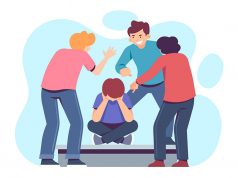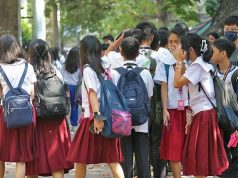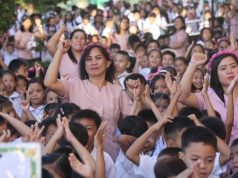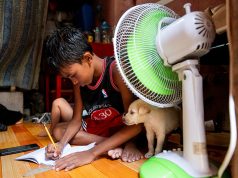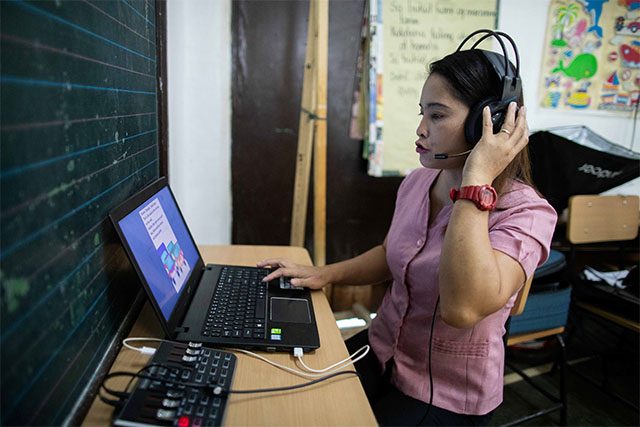
As more schools start to offer in-person and blended learning options, more teachers are now exploring technologies that meet the needs of all students through hybrid and flexible learning.
Hybrid learning combines traditional face-to-face classroom interaction with online courses to enable students to participate in class through the most convenient option. The learning objectives stay the same, but teachers use more tools to achieve them, such as video conferencing, learning management systems, online exercises and more.
Japanese education technology company Quipper has stepped up to provide teachers with a host of e-learning tools that include teaching guides, a customizable dashboard, content management tools and other resources to support schools’ shift to hybrid and flexible learning.
“Nowadays, educational institutions need to provide their students with more engaged learning experiences while ensuring their well-being and meaningful connection,” said Yusuke Takagi, CEO of Quipper Philippines in a statement. “Leveraging the right technology and platform can help educators transition to all types of setups for learning.”
Takagi said that their company is working closely with schools, educators and students nationwide in creating their lessons.
“When the pandemic started, we made sure that we could help our partner schools to implement and transition to the new remote learning dynamics,” Takagi added.
Some of the other features of the edtech firm’s learning management system include an Essay app to improve students’ writing and a user-friendly platform to receive submissions and assess their students’ work.
Teachers and students can also benefit from Quipper’s content packages which they can download as video lectures and / or study guides.
The education technology company recently expanded its course offerings in the K to 3 content package, which now includes topics for Math, English, Science, Filipino, and Araling Panlipunan for Kinder, Grade 1, Grade 2, and Grade 3.
They added specialized senior high school subjects for the Accountancy, Business and Management Strand, such as Business Math and Principles of Marketing.
The edtech firm also revised the content of their course offerings for Grades 4 to 10 in Math, English, Filipino, Science, Araling Panlipunan and the core subjects in Grades 11 to 12 to fulfill the Department of Education’s Most Essential Learning Competencies.
Students can access Quipper on their smartphones through Android or iOS apps with an option to download content for offline reading. Parents can also keep track of their child’s learning progress through the edtech’s Parent Portal by monitoring their activities and deadlines.
DepEd Undersecretary for operations Jesus Lorenzo Mateo said that the government would need to channel more funds towards hiring more personnel and providing teachers with equipment and training to adapt to new technology.
Former DepEd Secretary Leonor Briones said that the department targets the return of in-person classes by the next school year, 2022 to 2023, with the option for blended learning still available to students.




